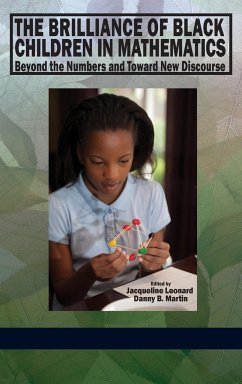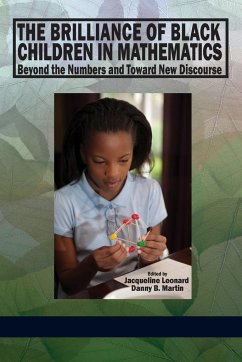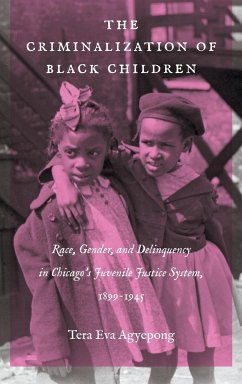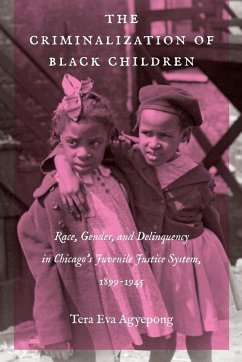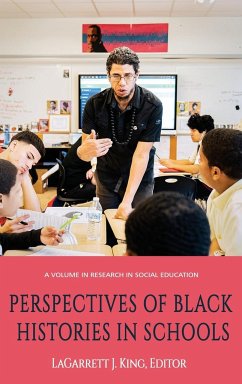This book is a critically important contribution to the work underway to transform schooling for students who have historically been denied access to a quality education, specifically African American children. The first section of the book provides some historical perspective critical to understanding the current state of education in the U.S., specifically for the education of African American children. The following sections include chapters on policy, learning, ethnomathematics, student identity, and teacher preparation as it relates to the mathematical education of Black children. Through offering "counternarratives" about mathematically successful Black youth, advocating for a curriculum that is grounded in African American culture and ways of thinking, providing shining examples of the brilliance of Blacks students, and promoting high expectations for all rather than situating students as the problem, the authors of this book provide powerful insights related to the teaching and learning of mathematics for African American students. As is made evident in this book, effective teaching involves much more than just engaging students in inquiry-based pedagogy (Kitchen, 2003). The chapters offered in this book demonstrate how mathematics instruction for African American students needs to take into account historical marginalization and present-day policies that do harm to Black students (Kunjufu, 2005). Empowering mathematics instruction for African American students needs to take into consideration and promote students' cultural, spiritual, and historical identities. Furthermore, mathematics instruction for African American students should create opportunities for students to express themselves and the needs of their communities as a means to promote social justice both within their classrooms and communities.
Hinweis: Dieser Artikel kann nur an eine deutsche Lieferadresse ausgeliefert werden.
Hinweis: Dieser Artikel kann nur an eine deutsche Lieferadresse ausgeliefert werden.

